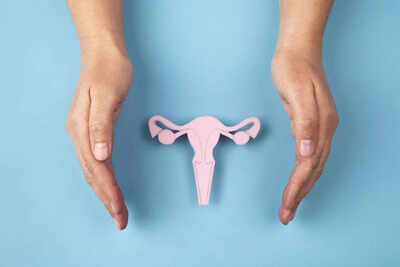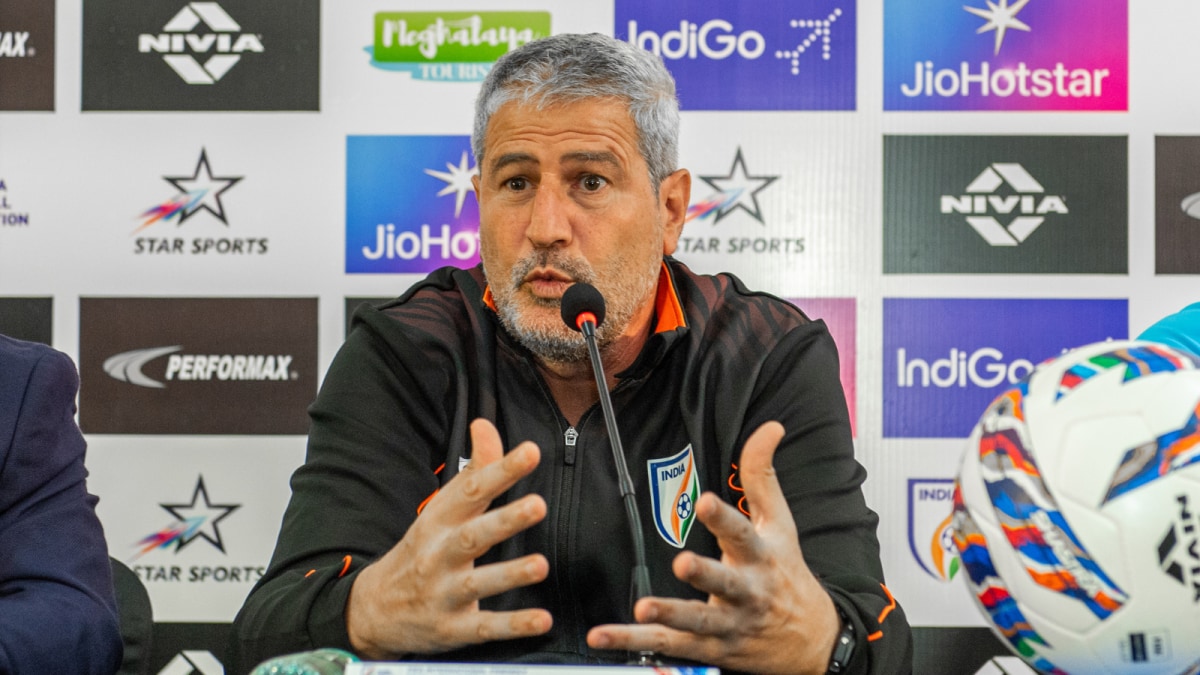ARTICLE AD BOX

Cervical cancer is one of the most common cancers in women. In India, approximately 96,000 new cases are diagnosed every year. The saddest thing is that most women do not get diagnosed with cancer in time.
The biggest reason for this is the lack of awareness and knowledge about this disease in India. To prevent this disease, it is very important that its symptoms are recognized on time and treatment is started.Understanding Cervical Cancer: What Every Woman Should Know -Cervical cancer occurs in the cells of the cervix. The cervix is the part of the lower part of the uterus that is connected to the vagina. Most cases are caused by a common sexually transmitted infection, HPV (Human Papillomavirus).The most serious thing is that in the beginning there are no obvious symptoms of cervical cancer. Therefore, regular screening is very important. Some of its common symptoms are: abnormal vaginal bleeding, strange discharge, pelvic pain, and pain during intercourse. If women are experiencing any of these symptoms, they should immediately consult a doctor. To prevent this disease, it is important to recognize the symptoms and take timely action.
To avoid cervical cancer, women should be aware of its symptoms and take immediate steps.With the help of routine checkup and some important tests like Pap smear and HPV test, the changes taking place in the body and cells before cancer can be recognized and its treatment can be started. Women should keep getting Pap smear or HPV tests done till the age of 65 years. Not every HPV infection turns into cancer, but if the infection persists for a long time then changes occur in the cells.
Through tests, the changes in the cells can be detected and life can be saved by starting treatment on time.

Preventing Cervical Cancer: The Importance of HPV Vaccination -The main cause of this cancer is HPV virus. The best thing is that an effective vaccine is available to prevent it. This vaccine can prevent death due to cervical cancer. HPV Vaccine is a safe vaccine. If given between the ages of 9 to 14 years, it prevents cervical cancer as well as vaginal, vulvar, anal, penile and oral cancer.
Cervical cancer vaccine is most effective when the person has never been exposed to HPV before.
Women between the ages of 9 and 45 should receive the HPV vaccine for protection against cervical cancer.Barriers in India: Lack of Awareness and Limited Access-Ways to prevent this cancer are available, but there is a lack of awareness in villages and less developed areas. Women are not able to get the vaccine because they are left behind due to lack of education, incorrect information and cultural customs.To defeat cervical cancer, it is important to increase awareness about this disease among people in India. Another barrier besides the lack of awareness is the lack of openness among rural women about this subject. Since this topic is related to the vaginal area, they feel shy to talk, understand and discuss it. To make these women comfortable, female volunteers are needed. With the help of influential women in village communities, female doctors and healthcare providers should initiate open and positive discussions on this subject in rural areas, encouraging women to be proactive about their health.
Good health services are not available in most rural areas of India due to a shortage of qualified doctors and clinics.Due to the lack of transportation facilities and connectivity with the cities, these women are not able to reach the doctor on time. To make health facilities available in rural and tribal areas, some special effort will have to be made. Many women are incapable of getting treatment due to financial constraints.
Therefore, the facility of free vaccination for HPV cancer will also have to be made available in villages.Empowering Women Through Knowledge -Women in India have less knowledge about this disease as compared to other countries. Correct information about this disease can save women's lives. To try in this direction, it is as important to dispel misconceptions about the HPV vaccine and screening through awareness campaigns as it is to provide information about the symptoms and prevention. Along with women, the community also needs to be educated. Correct information needs to be made available to health workers and education centers in rural areas.
Local organizations need to work together. Mobile health clinics and mass screening schemes can help in reaching remote areas. (Authors: Dr. Arun H N, Surgical Oncologist & Associate professor, Department of Surgical Oncology. Kidwai Memorial Institute of Oncology, Bengaluru. Mr. Braja Kishore Pradhan, Founder of the Aahwahan Foundation )



.png)
.png)
.png)
















 13 hours ago
5
13 hours ago
5









 English (US) ·
English (US) ·